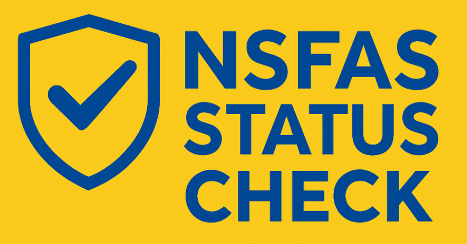In 2017, Sibongile Mani, a student at Walter Sisulu University (WSU) in South Africa, became the center of a financial scandal after receiving an erroneous deposit of R14 million from the National Student Financial Aid Scheme (NSFAS). This accidental transfer was supposed to be her usual R1,400 monthly allowance for food and personal expenses. However, instead of reporting the mistake, Mani spent nearly R818,000 in just over two months, purchasing luxury clothing, expensive alcohol, smartphones, and other high-end items.
How the Mistake Was Discovered?
The incident came to light when a receipt showing her remaining balance of over R13 million was leaked. This triggered an investigation, leading to her arrest. NSFAS, along with IntelliMali—the financial service provider responsible for disbursing student funds—quickly rectified the error, and Mani faced legal consequences for her actions.

Court Case and Initial Sentence
In March 2022, the East London Regional Court found Sibongile Mani guilty of theft and sentenced her to five years in prison. The ruling emphasized that she had knowingly spent money that did not belong to her instead of reporting the mistake. The court held her accountable for the misuse of funds, even though she did not take the full R14 million.
Appeal and Reduced Sentence
In November 2023, Mani’s legal team successfully appealed her sentence. Instead of serving jail time, her sentence was suspended, and she was placed under three years of correctional supervision. Additionally, she was required to:
- Perform 576 hours of community service
- Attend counseling sessions
- Remain in her hometown, Komani, unless granted permission by the Department of Correctional Services
This case serves as a significant lesson on financial ethics and accountability. Despite the money being deposited due to an administrative error, the legal system held Mani responsible for knowingly spending what was not rightfully hers. It also highlights the importance of transparency in financial aid management and the potential consequences of misusing public funds.
